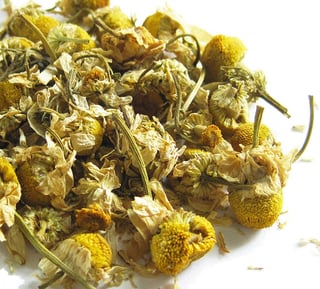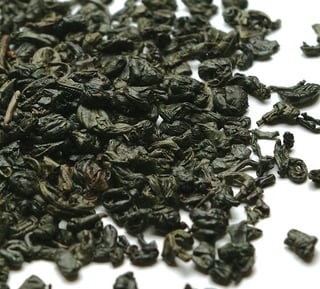The following extracts from Halachically Speaking seem to be relevant.
Each of the sections that I put in bold seem to indicate that no shehechiyanu is needed.
The Beracha on Fruits and those who are lenient
When a fruit is only available once a year a shehechiyanu is recited
because the new fruits bring joy to a person. Based on this some
people have the custom not to recite a beracha on new fruits because
there is no real joy with the new fruit.
The beracha of shehechiyanu is recited on new fruits which were not
available all year (below we will discuss the fact that many fruits
are available all year). One does not recite a shehechiyanu on a
fruit which is not seasonal.
Dried Fruits
A fruit which was not available all year round but is being sold as dried fruit would not require a shehechiyanu before eating it.
Smashed Fruit - Jam
New fruits which are smashed to the point where it is not recognizable that they are fruits do not require a shehechiyanu.
However, if there are pieces of the fruit which are discernible then a
beracha can be recited. The same applies to a drink made from a new
fruit.
So the three reasons not to make a shehechiyanu are:
The teas are not seasonal.
Even if they were seasonal, they are being used in a dried form.
The pieces of the “fruit” are not discernible in the tea.


